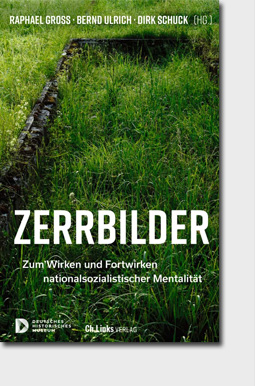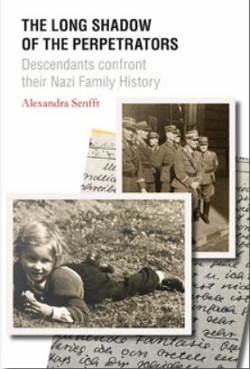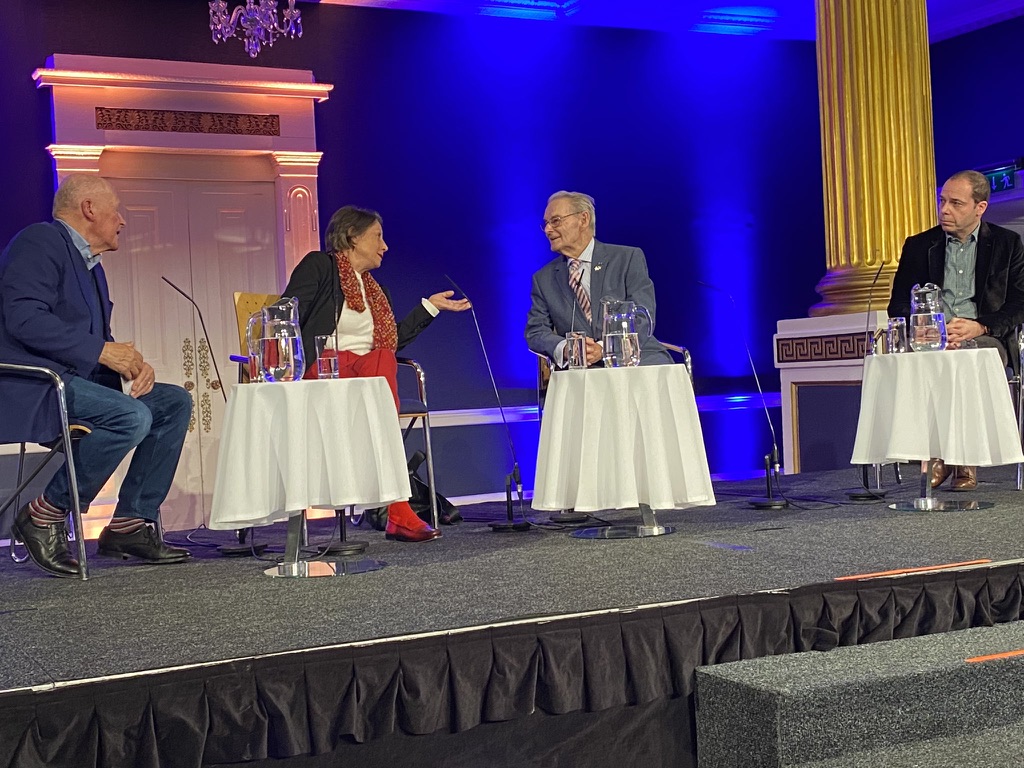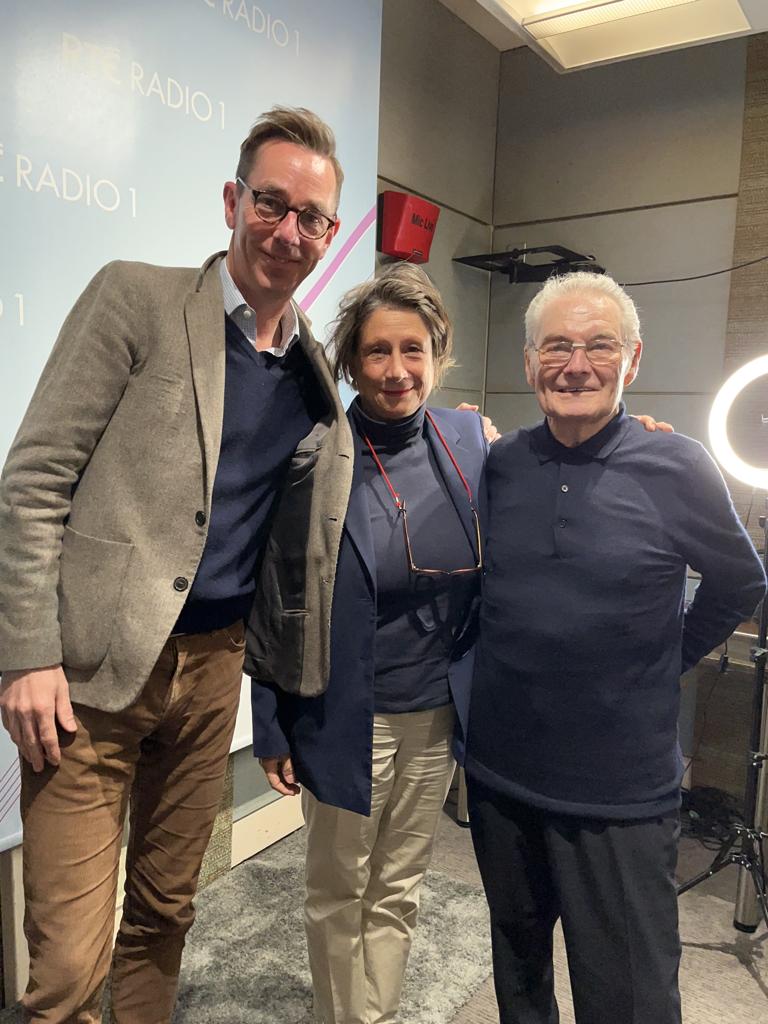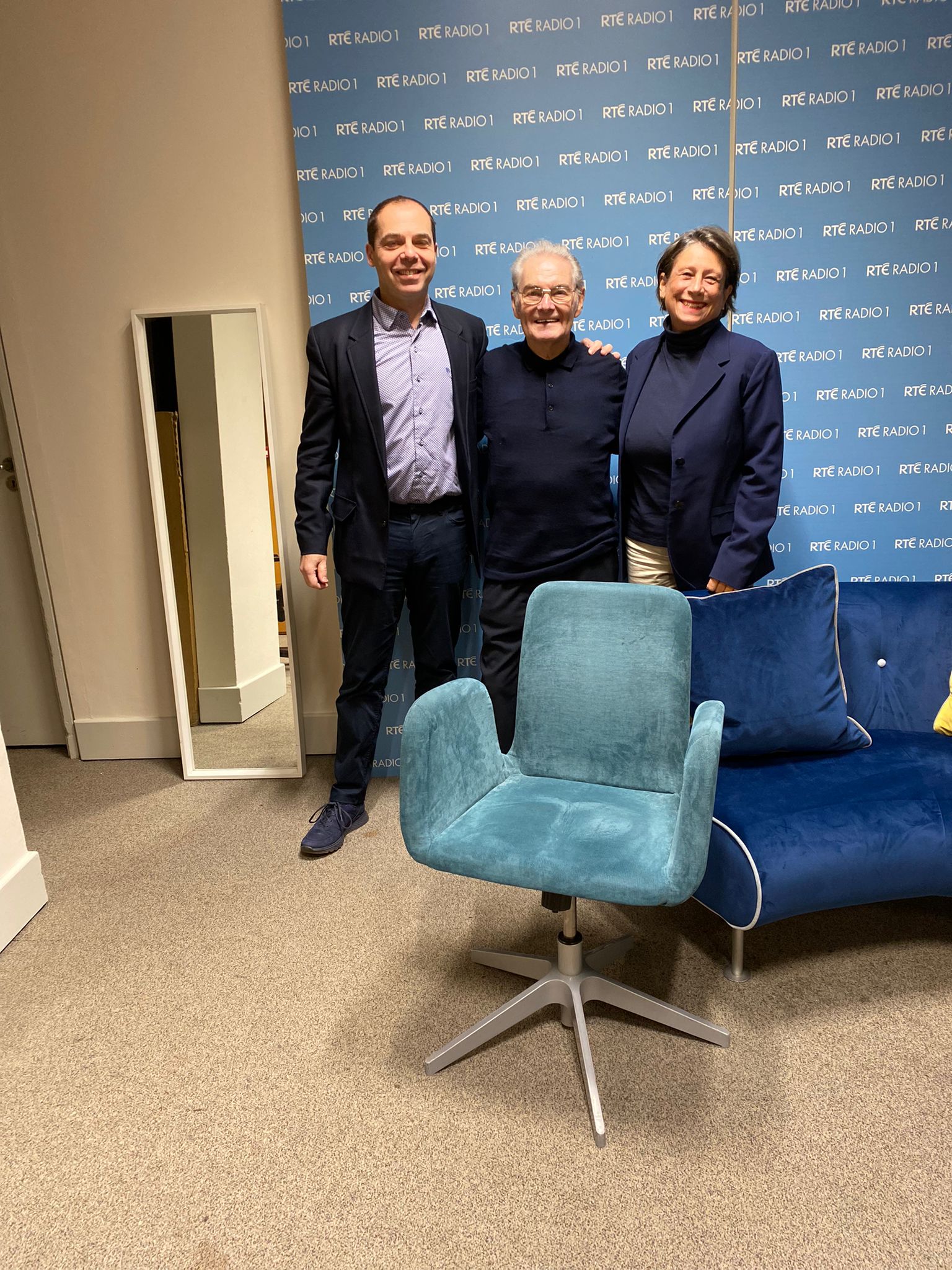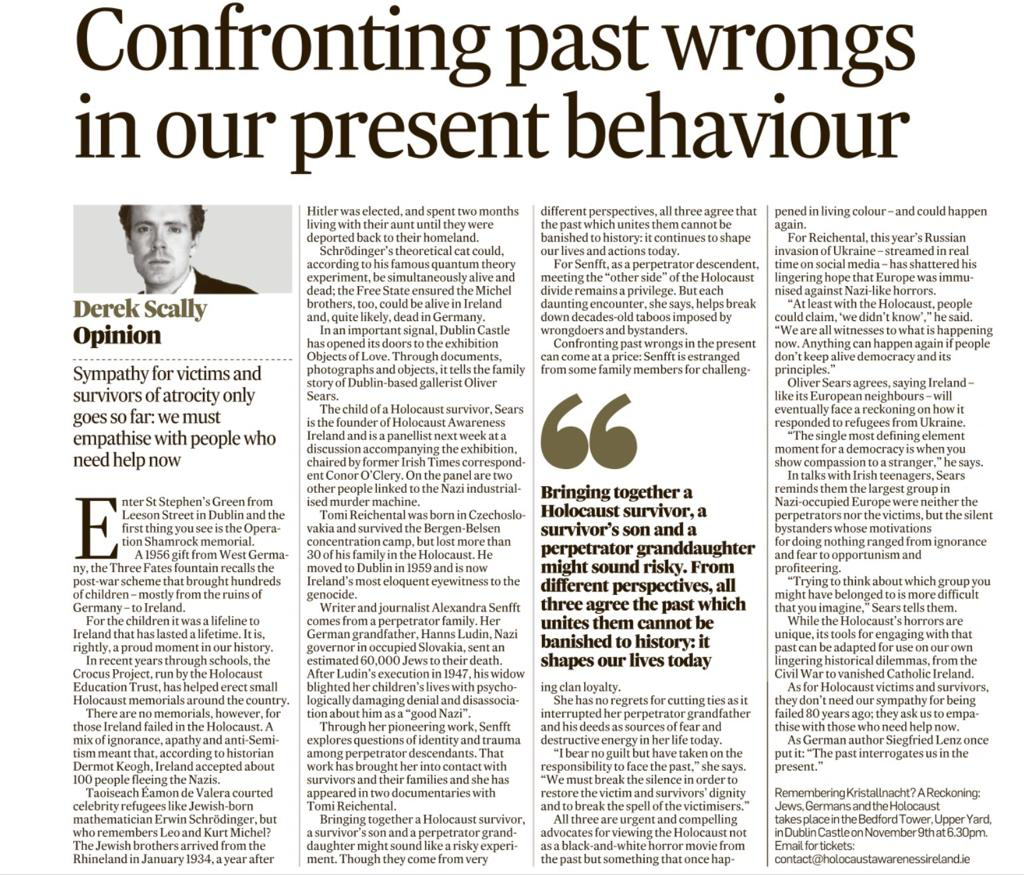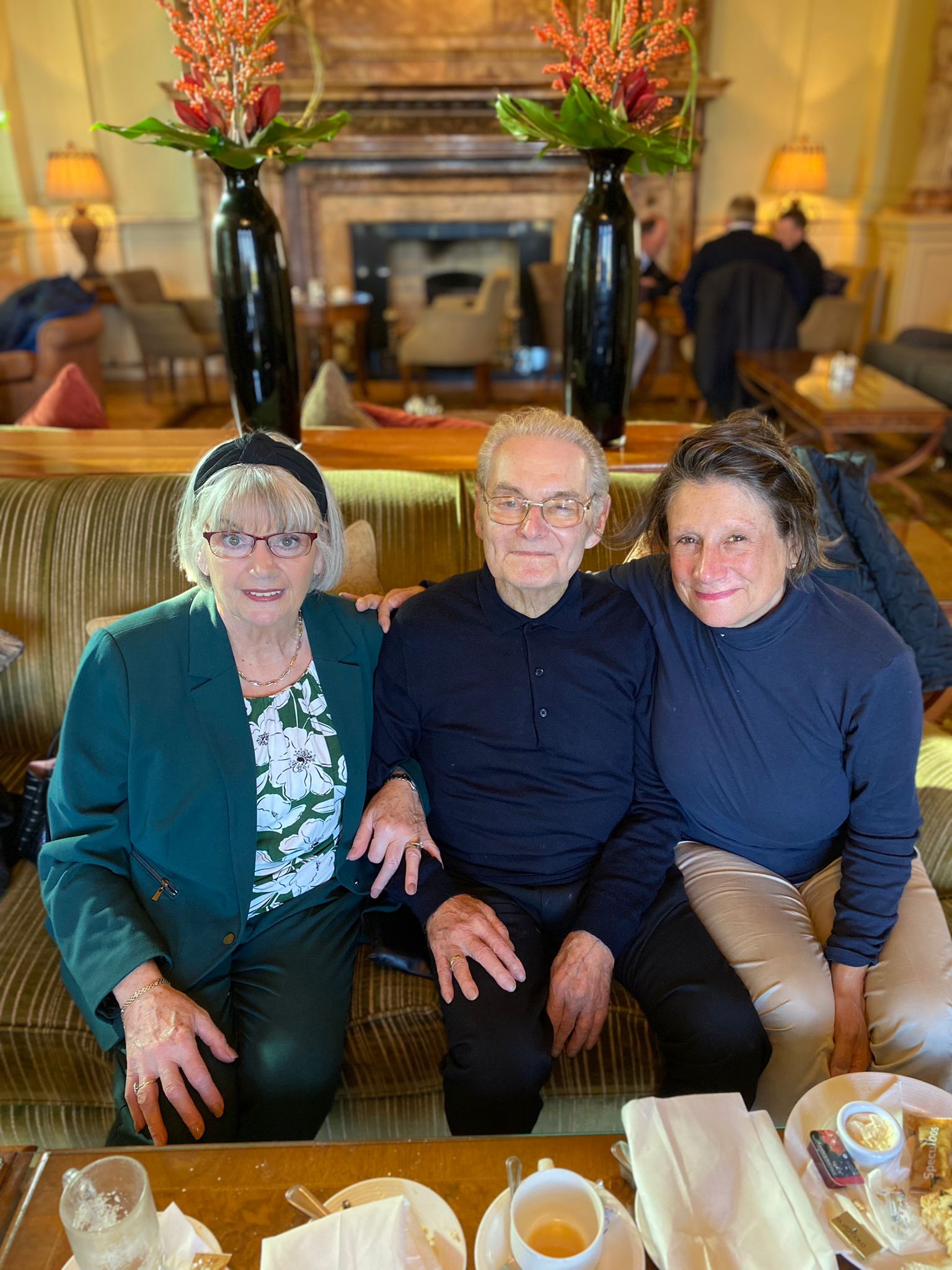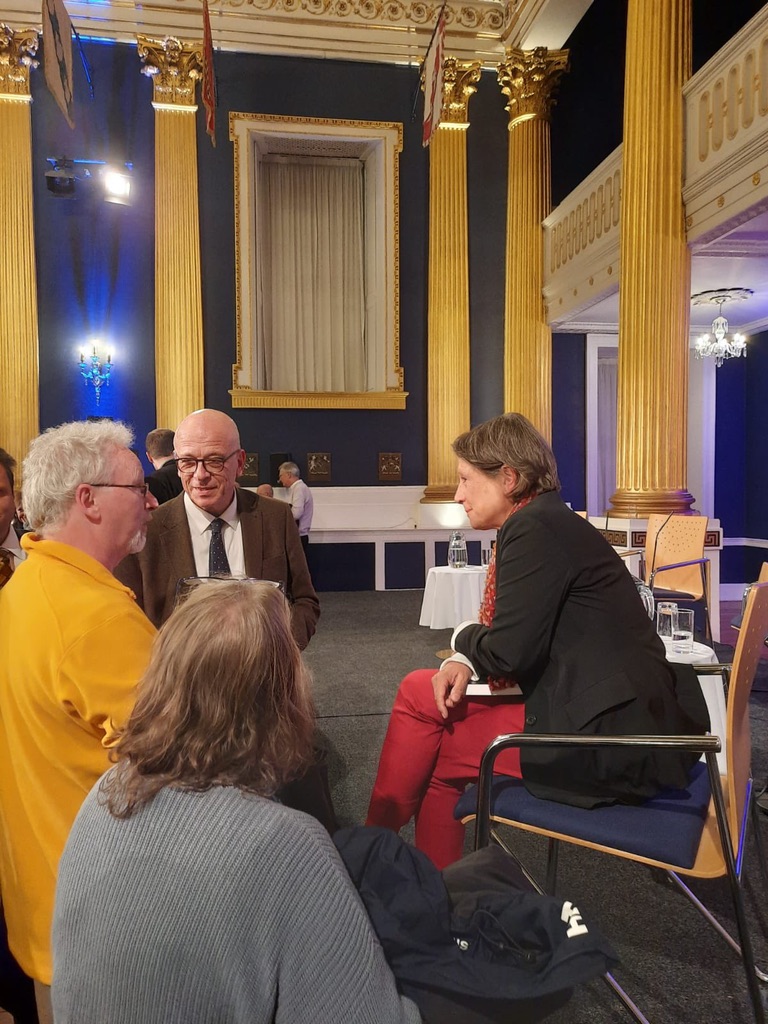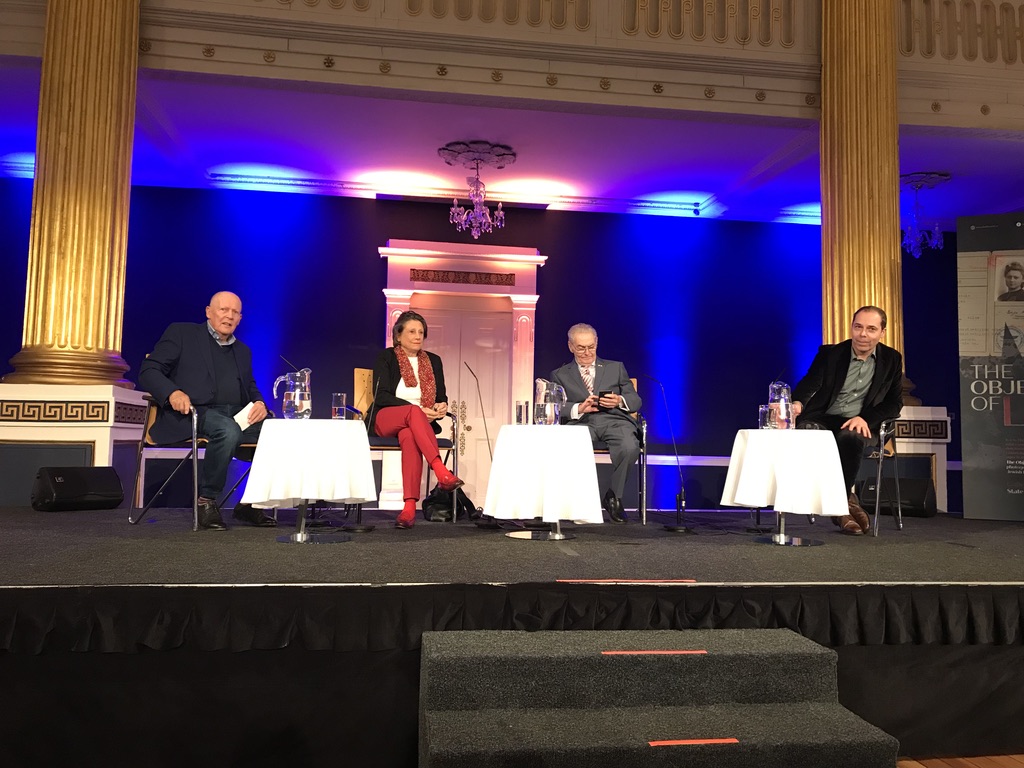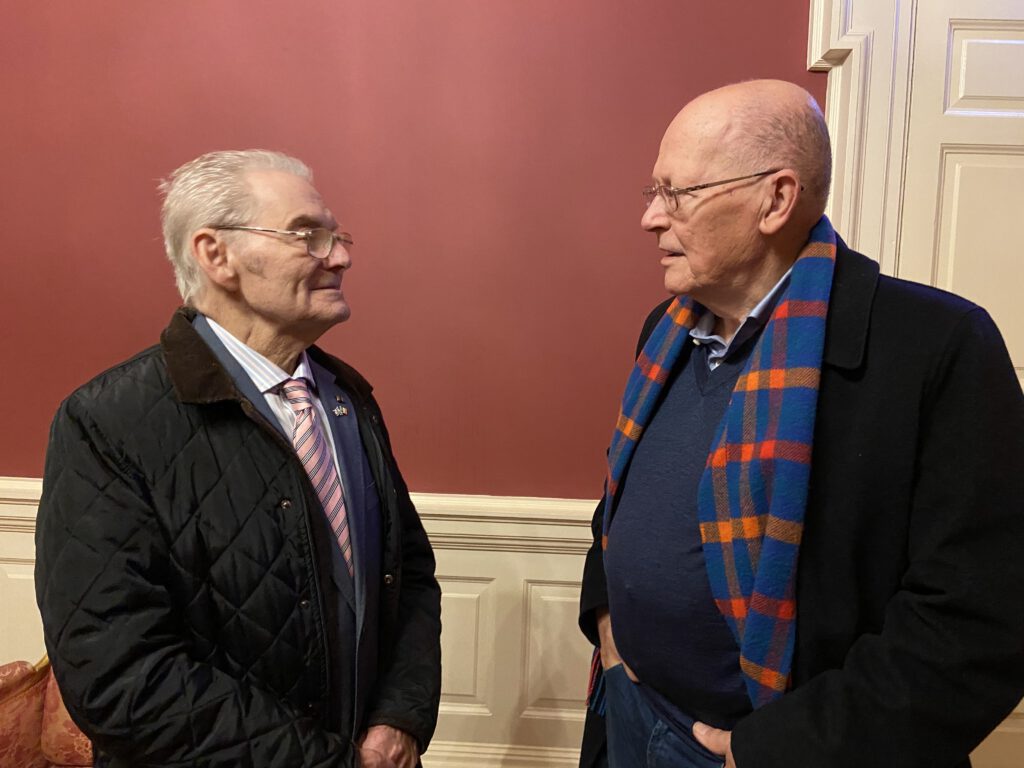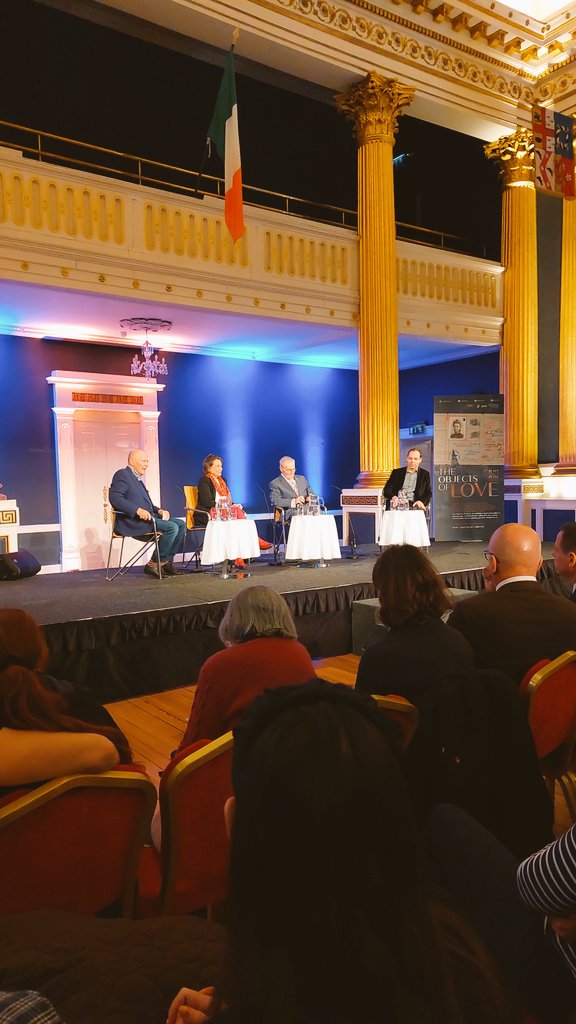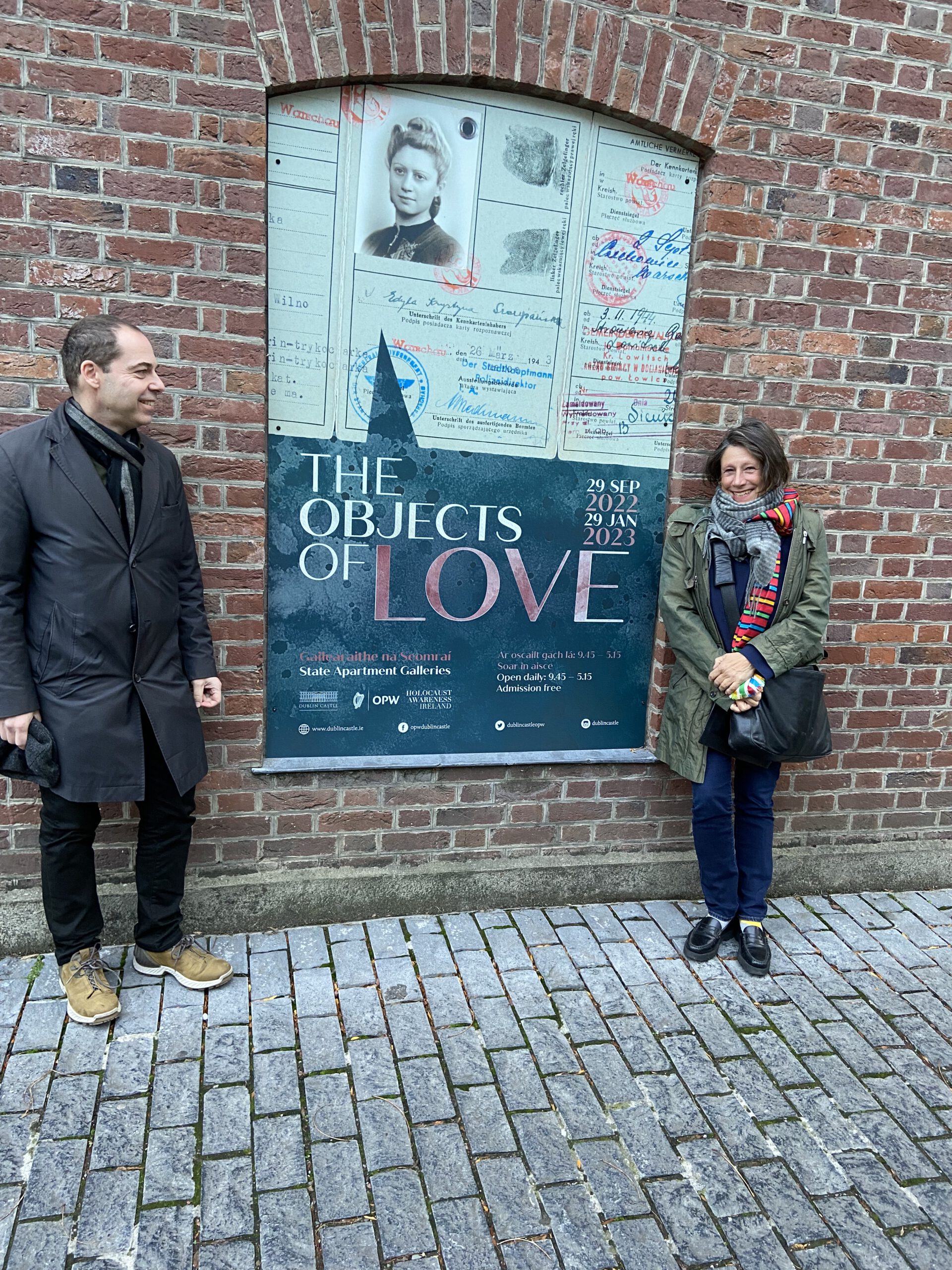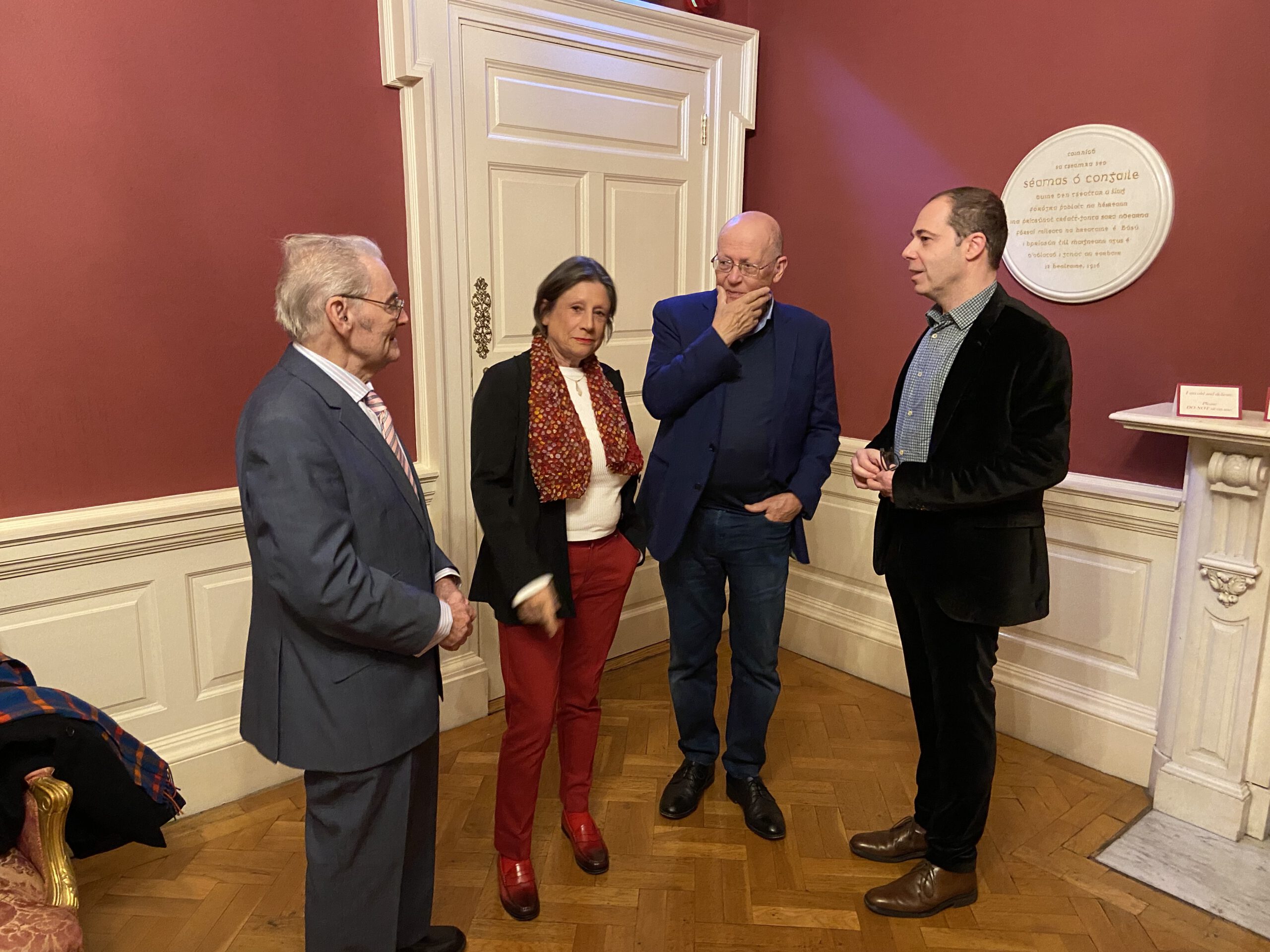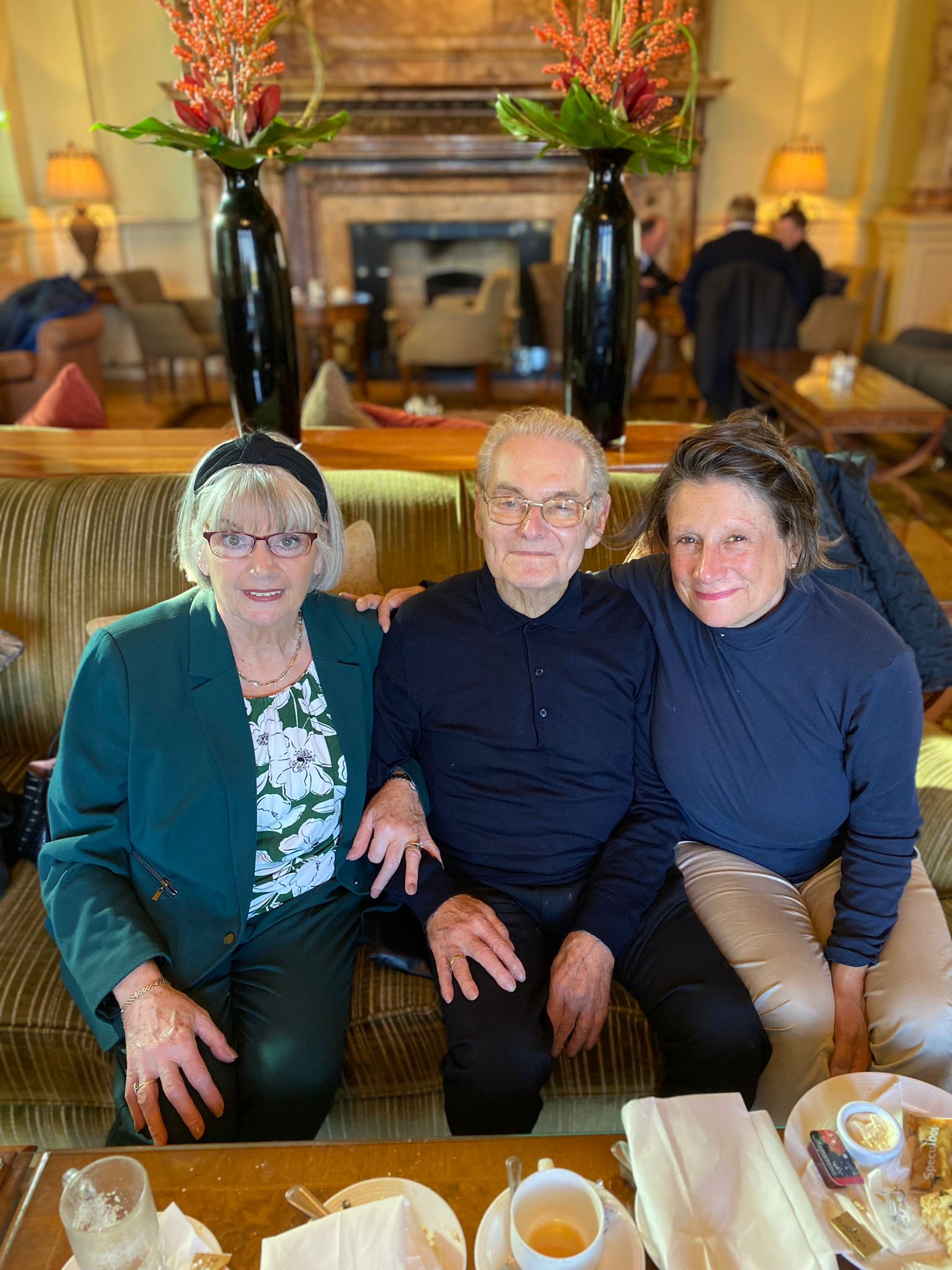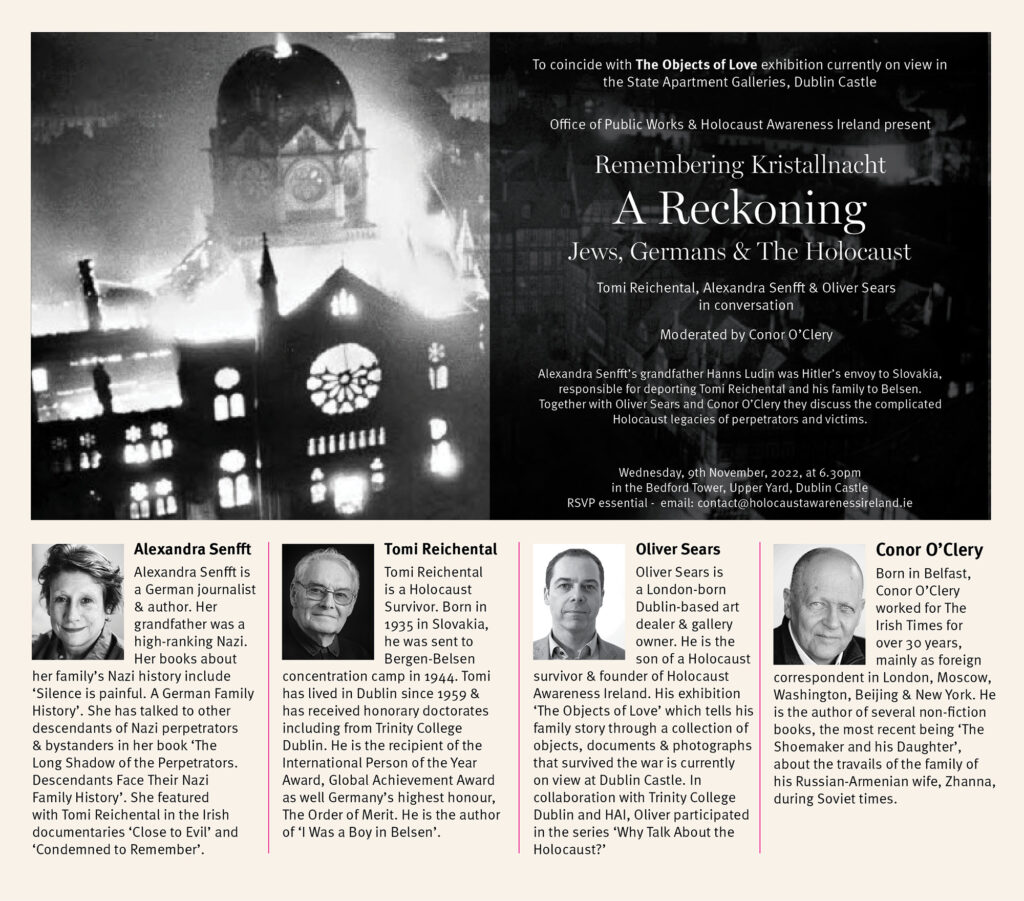October, 15th, 2024
Mare Manuschenge. Sinti and Roma: A century between persecution, resistance and self-empowerment
Romani people have been discriminated against and persecuted ever since their first documented appearance in Europe in the 15th century. Their victimization culminated in the Nazi genocide: Hundreds of thousands of European Sinti and Roma were disenfranchised, detained, tortured, sterilized and murdered. After 1945, the survivors were hardly compensated for their suffering or their human and material losses. Instead, they were again criminalized and are marginalized to this day. Only in 1982 did the German government officially recognize the genocide and its responsibility for the persecution of the largest minority in Europe. Still, Sinti and Roma are treated as second class victims in the commemoration of the Nazi crimes. In spite of the fact that they are a recognized minority in Germany, they are confronted with anti-Romani racism which is deeply engrained in the society, mostly passed on by intergenerational transmissions that are rarely reflected upon.
In her talk, Alexandra Senfft speaks about the persecution and discrimination of the Sinti and Roma, but also highlights their resistance and resilience as well as their self-empowerment. Her material is based on the family history of the German Sinto Romeo Franz. Franz, who identifies as a Prussian Sinto, is a well know musician of Sinti-jazz and was the only German Sinto ever voted into the European parliament. With his music and is civil rights activism, he continues family traditions of culture and resistance which can traced back to Berlin at the beginning of the 20th century.
>> stream event


